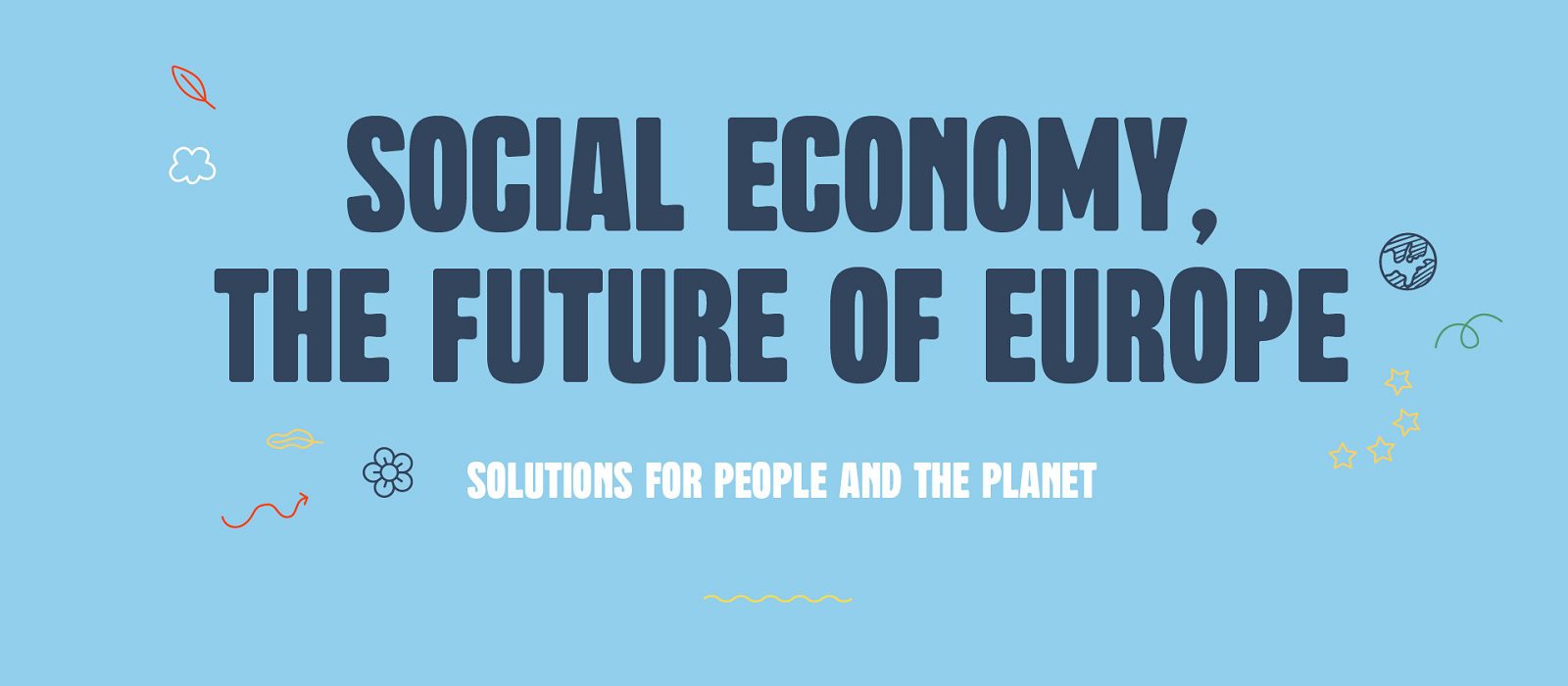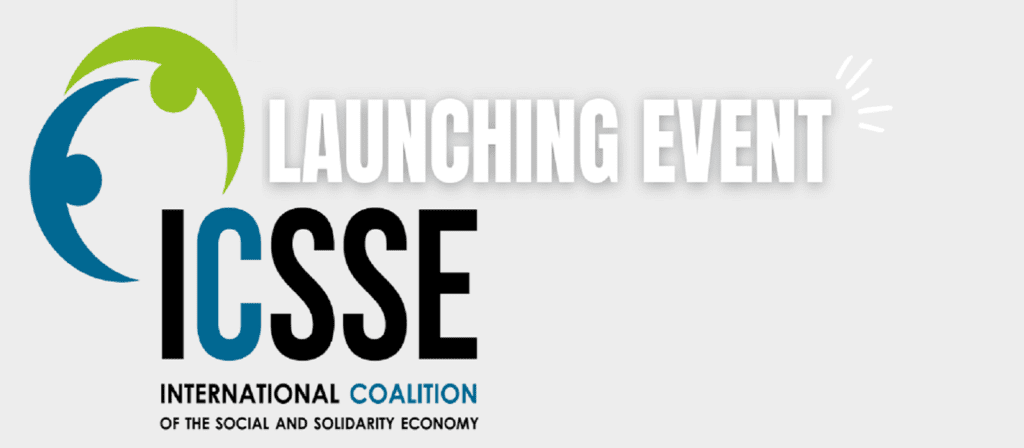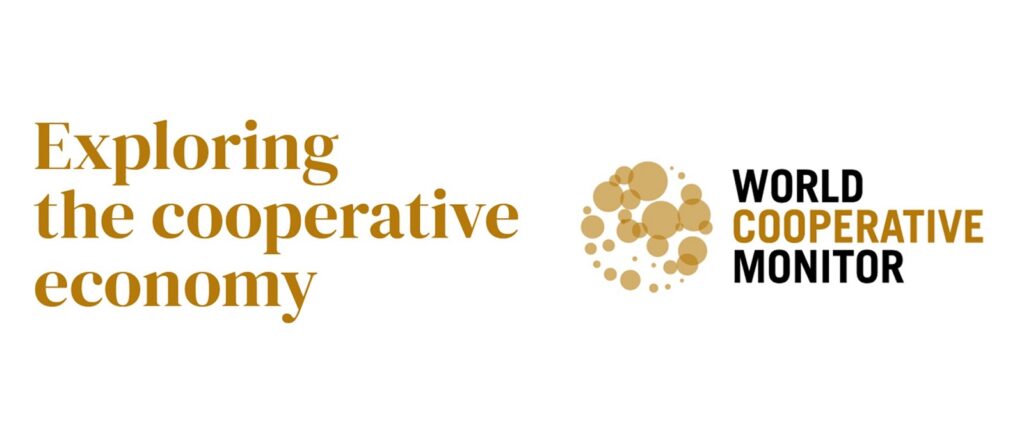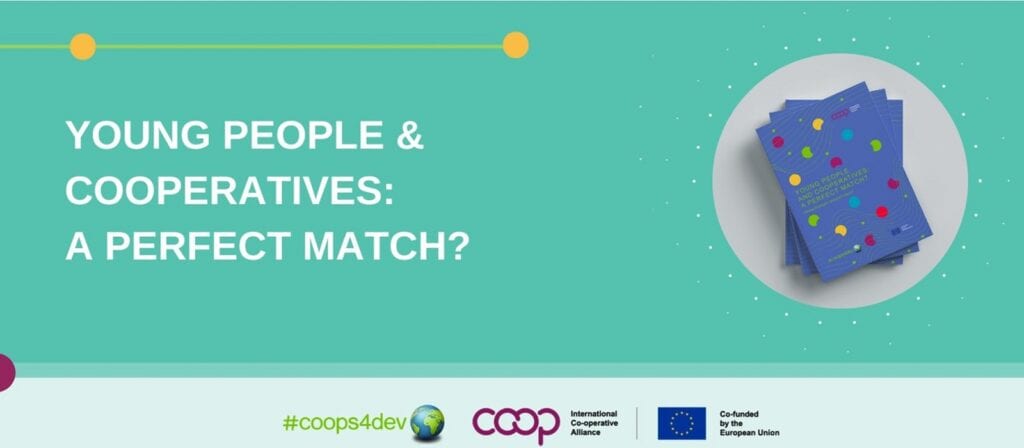Last week, ICMIF participated in the Social Economy: The Future of Europe conference, organised within the framework of the French Presidency of the Council of the European Union, on 5-6 May in Strasbourg.
At the conference, ICMIF and other founding members, the Global Social Economy Forum (GSEF); the International Cooperative Alliance (ICA); ESS Forum International; and AIM – Association Internationale de la Mutualité (International Association of Mutual Benefit Societies (AIM), formally signed the Charter of the International Coalition of the Social and Solidarity Economy (ICSSE). Signing the Charter on behalf of ICMIF was Catherine Hock, Vice-President, International Relations.
Launched in 2021, the ICSSE plans to strengthen the global Social Solidarity Economy (SSE) community; support the international recognition of SSE; and promote SSE as a strategy to achieve the Sustainable Development Goals (SDGs). The ICSSE brings together economic actors of the same community of interest and of the same nature, namely that they are member-based organisations whose members are partly or totally SSE organisations; action- and advocacy-based organisations and networks; or SSE organisations with international dimensions.
The Charter for an International Coalition of Intercontinental Networks of the Social Solidarity Economy states that “We, the International Coalition of the Social Solidarity Economy (ICSSE) […] commit ourselves to joining forces in order to deploy a common voice and actions to make our achievements and resources visible and recognised. Those of the women and men who bring this resilient economy to life, an economy centred on the human being in an approach that reconciles ecological, social, citizen, economic and financial solutions.”
The signatories of the Charter all adhere to the following SSE characteristics:
- primacy of the person and the social mission over capital;
- voluntary and open membership;
- democratic control by members;
- protection of common or joint ownership;
- conjunction of the interests of members, the common interest of communities and the general interest;
- defence and implementation of the values of solidarity and responsibility;
- autonomy of management and independence from public authorities;
- limited distribution of surpluses by reinvestment of the surplus: surpluses are intended primarily to strengthen the sustainability and development of the business project and not for the remuneration of shareholders
Speaking during the launch event of the ICSSE in September last year, ICMIF Chief Executive Shaun Tarbuck said: “Being sustainable is in the DNA of cooperatives and mutuals so it is appropriate that we now pool our advocacy to showcase what our sector can do together under the banner of the ICSSE. We are delighted to be part of this international Coalition.”






